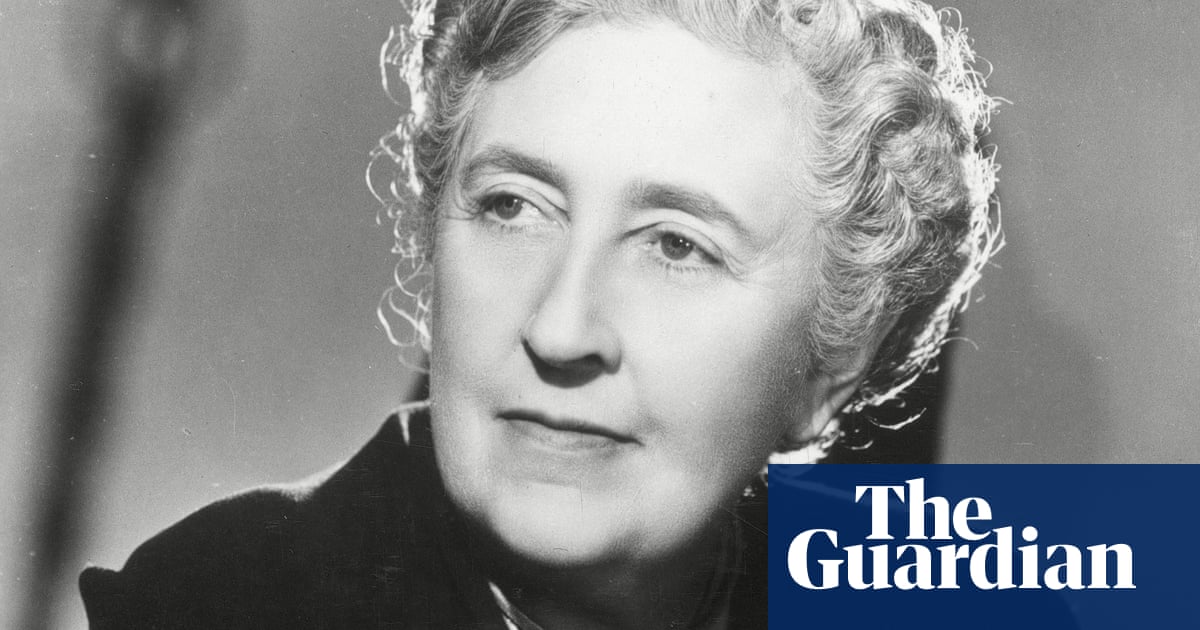Aspiring crime writers now have the chance to be taught by “Agatha Christie”, thanks to a course of online video lessons by BBC Maestro. The videos “starring” the author, who died in 1976, have been made using AI-enhanced technology, licensed images and carefully restored audio recordings.
Videos made using a reconstruction of Christie’s voice will share tips on everything from story structure and plot twists to the art of suspense. The writing advice has been drawn directly from her writings and archival interviews and curated by the leading Christie scholars Dr Mark Aldridge, Michelle Kazmer, Gray Robert Brown and Jamie Bernthal-Hooker.
“We meticulously pieced together Agatha Christie’s own words from her letters, interviews, and writings,” said Aldridge. “Witnessing her insights come to life has been a profoundly moving experience.”
The videos will be available on the subscription-based educational streaming platformBBCMaestro, and were made in collaboration with the corporation’s commercial subsidiary, BBC Studios, and the Agatha Christie estate with the full support of the author’s family.
James Prichard, Christie’s great-grandson and CEO of Agatha Christie Limited, said the team of academics and researchers had “extracted from a number of her writings an extraordinary array of her views and opinions on how to write. Through this course, you truly will receive a lesson in crafting a masterful mystery, in Agatha’s very own words.”
The actor Vivien Keene and “expert visual effects artists” were hired to create a faithful representation of Christie’s voice and likeness in the videos, according to BBC Studios. “This role was unlike any other in my 44 years of acting,” Keene said. “The process required me to study the few existing clips of Agatha very closely, capturing her subtle mannerisms and expressions.”
Undoubtedly there will be ethical issues raised in relation to the technology used to create BBC Maestro’s videos. A number of authors have expressed concerns in recent years that AI could be a threat to their livelihoods.
“I’d be lying if I said there weren’t worries” Prichardtold the Telegraph. “But I believe and I hope that this is using AI in both a helpful and ethical way. The AI model of Agatha doesn’t work without the performance of Vivien Keene. This was not writtenbyAI. It is a leading academic unearthing everything that she said about writing. And I believe that what we are delivering here in terms of her message is better presented and will reach more people as a result of being presented, if I can use inverted commas, ‘by her.’”
Sign up toBookmarks
Discover new books and learn more about your favourite authors with our expert reviews, interviews and news stories. Literary delights delivered direct to you
after newsletter promotion
Christie, known as the Queen of Crime, wrote 66 detective novels and 14 short story collections in her lifetime. They have sold more than 2bn copies worldwide. She also wrote the world’s longest-running play, The Mousetrap, and her books have inspired numerous screen adaptations.
